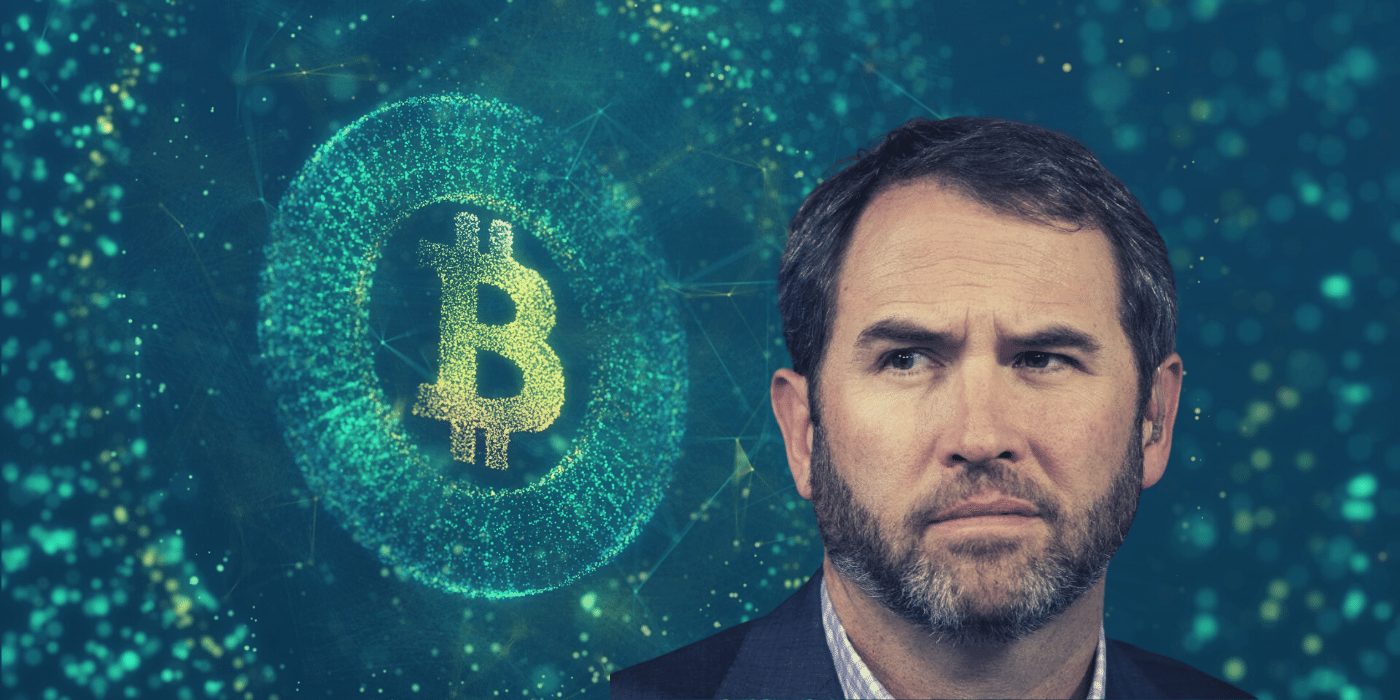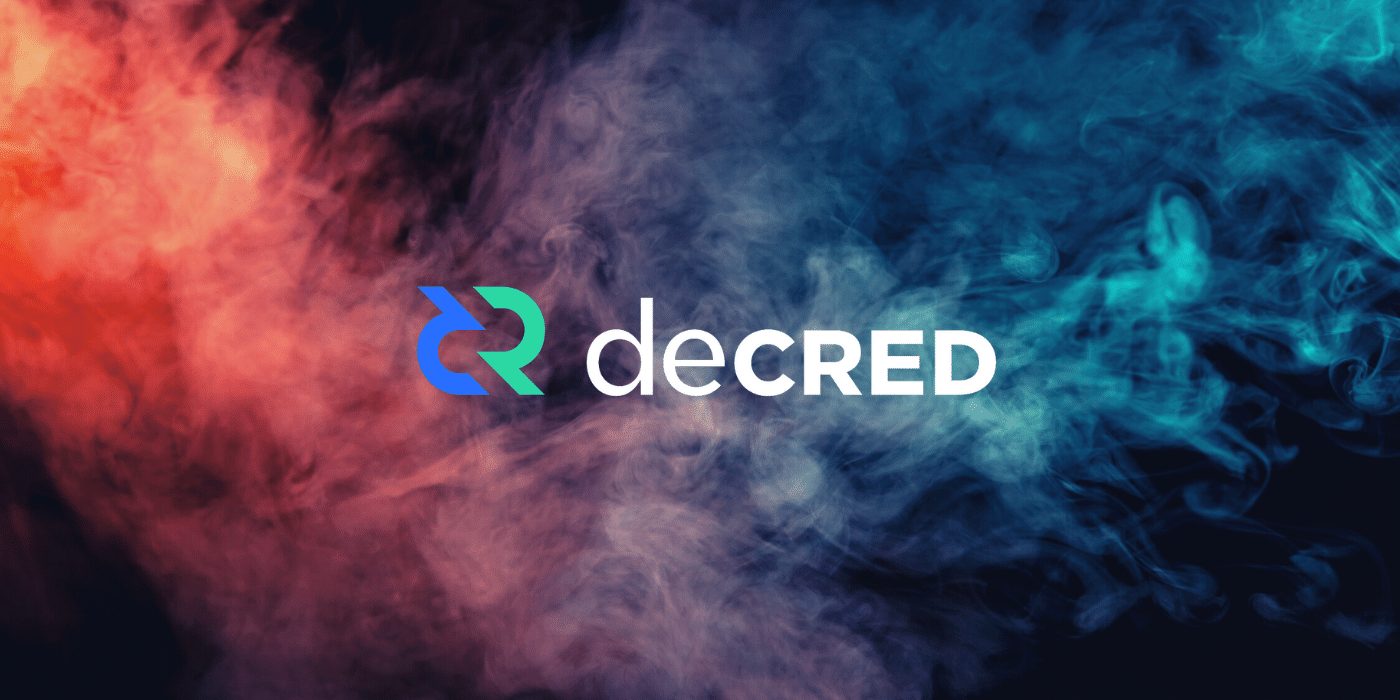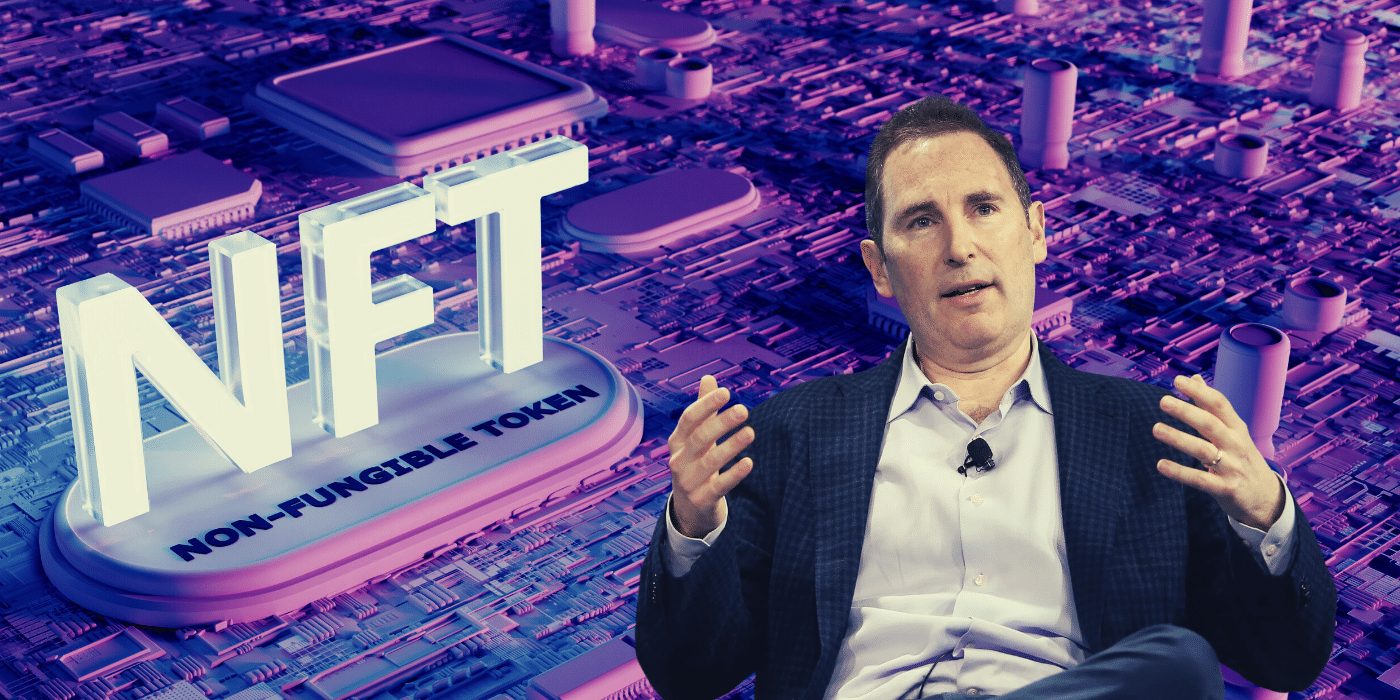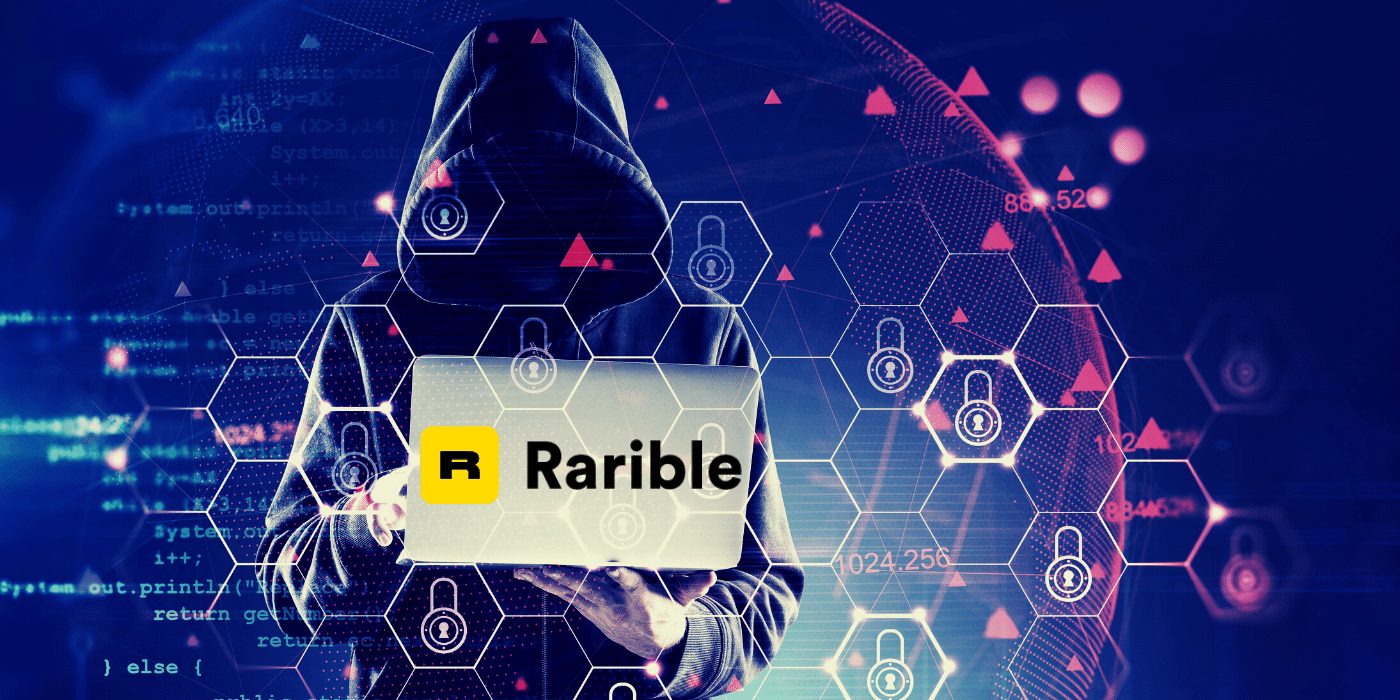Under new legislation filed in the US state of New York, lawmakers intend to confirm fraudulent rug pulls as a crime along with other crypto-specific forms of duplicity.
Companion Bill Filed in Lower Chamber
According to public records, Senate Bill S8839 “establishes the offences of virtual token fraud, illegal rug pulls, private key fraud and fraudulent failure to disclose an interest in virtual tokens”. A companion bill, Assembly Bill A8820, was also filed in the New York State Legislature’s lower chamber. The bills were introduced by State Senator Kevin Thomas and Assembly member Clyde Vanel, respectively.
The legislation places particular focus on rug pulls – a term referring to the sudden exit of a developer or founding team and the resultant defrauding of investors – given how prevalent the practice is in the crypto space. The framed New York legislation proposes limits on the ability of founding teams to sell significant percentages of their token holdings within a period of five years.
The specific text of the proposed legislation reads:
Illegal rug pulls:
1. A developer, whether natural or otherwise, is guilty of illegal rug pulls when such developer develops a class of virtual token and sells more than ten percent of such tokens within five years from the date of the last sale of such tokens.
2. This section shall not apply to non-fungible tokens (NFTs) where a developer has created less than 100 NFTs that are regarded as part of the same series or class of NFTs or where such NFTs regarded as part of the same series or class are valued at less than $20,000 at the time the rug pull occurs.
Proposed New York rug pull legislation
If the legislation is approved and signed, it will take effect 30 days after passage.
Need for Legislation Parallels the Rise of Rug Pulls
Legislation such as this is becoming all the more necessary given the rising incidence of rug pulls and crypto scams. Last year Crypto News Australia reported on a Solana NFT project that was accused of a rug pull of the coin Eternal Beings. And in December, Bent Finance confirmed that its pool had been exploited for US$1.6 million in a rug pull incident.











